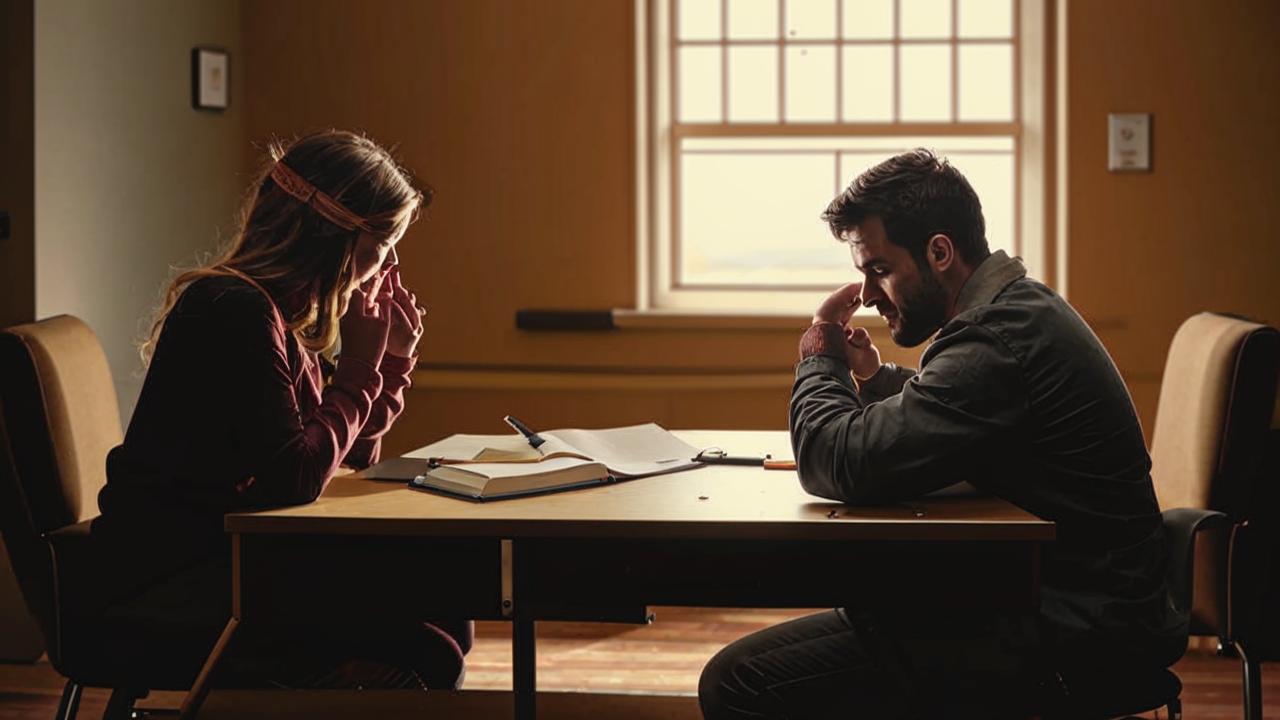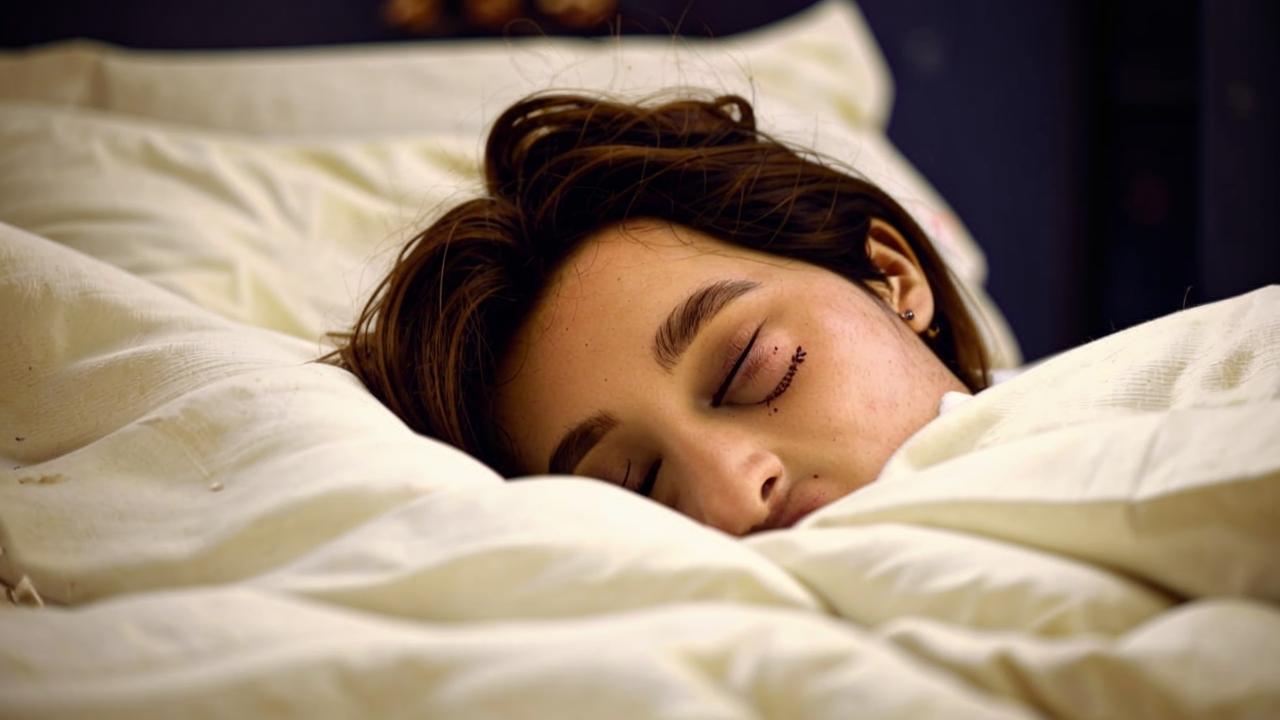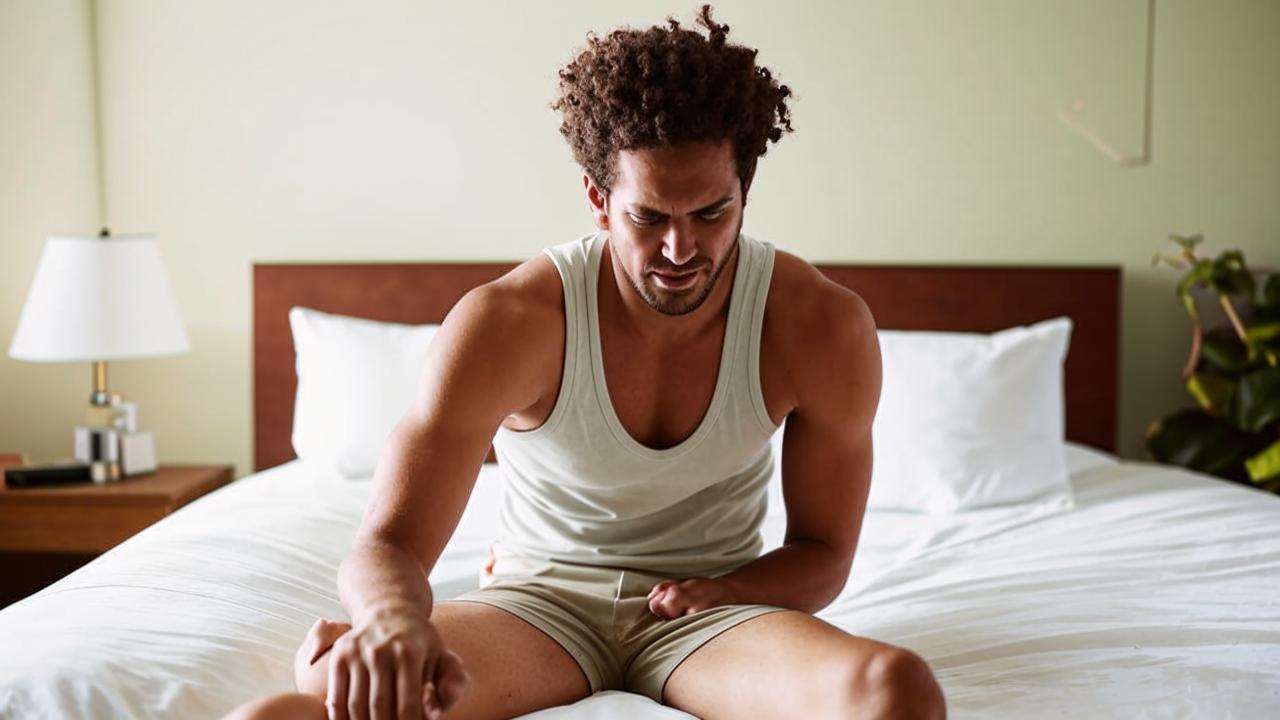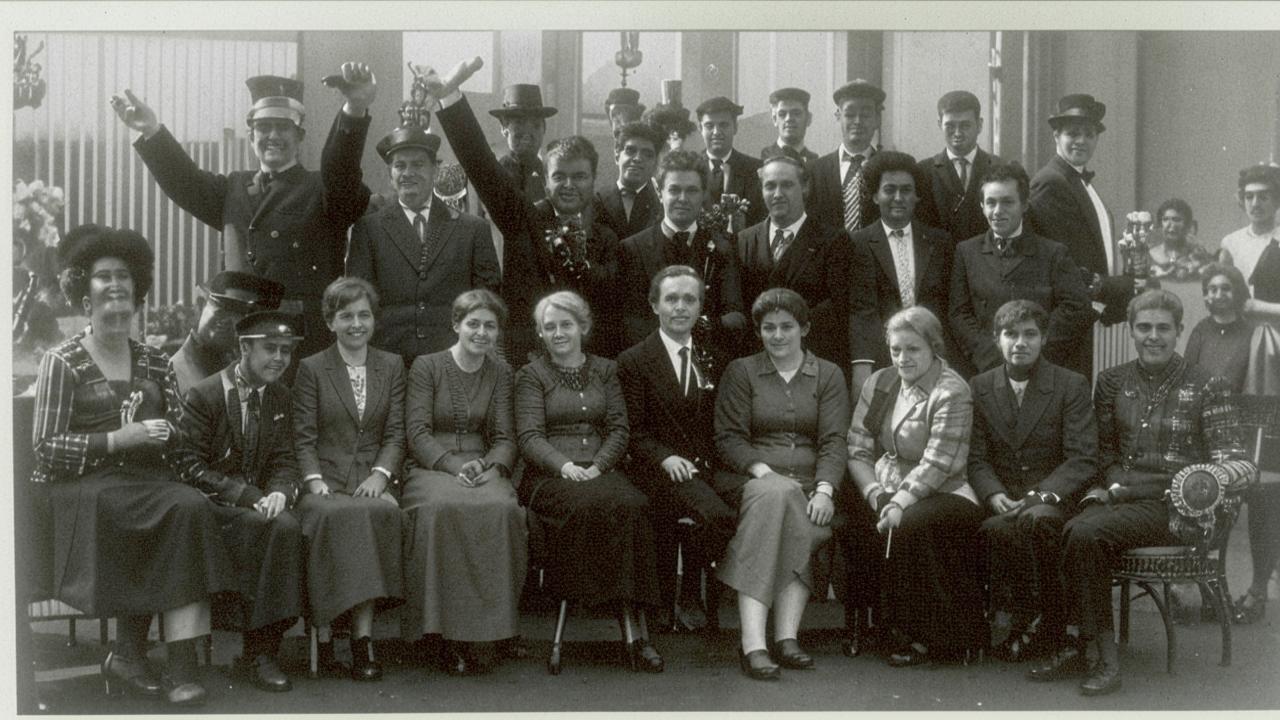
Provider, health coach, biohacking coach
Many people aren’t used to paying attention to themselves until obvious body malfunctions begin to limit us. This has been the case for me.
Medical professionals get sick, too
At the age of 35, I was the head of a chain of pharmacies (provisor). I did sports, jogged in the mornings, ate right and had no bad habits.
But this did not save me from health problems:
1. Decline in energy. Apathy, morning feeling of brokenness, increased anxiety and tearfulness.

2. Pregnancy failure. Several spontaneous early miscarriages. Tense work, death of loved ones led me to breakdowns and failure of hormonal balance. I felt that I was destroying myself, and medical examinations showed that I was quite healthy within the limits of my age.
I decided that it was all in my head. I was already familiar with the practice of psychological formations, used techniques of positive affirmational thinking, took courses in body psychotherapy and psychosomatics.
Later I started working with the subconscious mind, turning to psychologists. I spent colossal sums of money on them, as I turned to famous authors of books on psychosomatics. They became excellent mentors of personal growth and grateful listeners about my problems for my own money. But they could not give long-term results.

The problem began to resolve later – in 2017, when the winners of the Nobel Prize in Medicine and Physiology were Jeffrey Hall, Michael Rosbash and Michael Young – for the discovery of molecular mechanisms that control the daily biorhythms of organisms.
I was very interested in this topic: it turned out that biorhythms, which I had heard about before, are literally implanted in our genes. All organs and systems of literally all living organisms of our planet are subordinated to their work.
No need to pretend to be an owl!
When I delved into the topic of biorhythms, I realized that the main among more than 300 circadian rhythms – the change of sleep and wakefulness. This is the first thing to fix: learning to go to bed on time. I used to consider myself an owl, but there is no “owl gene”! But everyone has a gene responsible for the internal clock and the state of desynchronosis, which is so characteristic of so many.

Adjusting the biorhythm, discipline of the day, as well as meditation gave a result that I could not achieve before. Thanks to early sleep, I began to sleep well, my skin condition improved, dark circles under my eyes disappeared.
My figure returned to its girlish slenderness not thanks to diets and settings, but only by following my biorhythms. I became more successful at work and at home. Discipline according to biorhythms teaches you to predict the days of decrease in your productivity and activity, helps you not to drive yourself into a framework of increased demanding when physiological rhythms are on the decline. For this purpose, it is important to observe the regime of your day and record at what time of day the greatest activity occurs.

Physician’s opinion

doctor-toxicologist, Candidate of Medical Sciences, creator of “Symbionts Kutushov”
“Human body biorhythms are regular cyclical changes in the physiological and psychological functions of the body that occur throughout the day. They control such processes as sleep, awakening, digestion, hormone release and many others.”
There are several basic biorhythms of the body:
1. Circadian rhythms: these are biorhythms that repeat approximately every 24 hours. They regulate sleep and wakefulness, as well as other physiological functions such as hormone release and body temperature. For example, in most people, the highest level of sleepiness comes at about two to four in the morning.
2. Ultradian rhythms: these are biorhythms that repeat for short periods of time, usually less than 24 hours. Examples of ultradian rhythms are appetite, heartbeat, and respiration.
3- Infradian rhythms: these are biorhythms that repeat over long periods of time, usually more than 24 hours. Examples of infradian rhythms are the menstrual cycle in women and seasonal mood changes.

Disruptions in circadian rhythms can actually be associated with various illnesses such as depression, bipolar disorder, and seasonal affective disorder.
It can also lead to sleep problems, moodiness, poor concentration, and poor physical and mental health. This also includes digestive problems, such as constipation or diarrhea, due to a mismatch between gastrointestinal activity and food intake.

Sleeping in accordance with the body’s natural biological rhythms can improve sleep quality and overall health, allow for better appetite control and maintain a healthy weight. It is also recommended to avoid heavy and fatty meals before bedtime to avoid stressing the digestive system during the resting period.
To maintain healthy circadian rhythms, it is recommended to follow a regular sleep and wake-up schedule, avoid bright lights before bedtime, create a comfortable bedroom and avoid too long daytime naps. It is also a good idea to incorporate physical activity and get enough light throughout the day.
Psychologist’s Opinion

Psychologist, TV presenter, motivational speaker, entrepreneurial expert
“Psychology and physiology are inextricably linked. And it’s no secret that an unsleeping hungry person is likely to feel irritable, react to situations acutely and even behave aggressively. Is it necessary to send him to a psychologist in this case? No, not until the basic needs of the body are met.”
The heroine talks about how much biorhythms affect our condition, and this is certainly true. But, in addition to that, what happens on the mental level is also important. The author mentioned that she went to specialists and got the experience of personal growth and talking through her problems.
Despite the popular belief that psychologists just “listened for money” about inner worries, even this experience has a big impact on one’s own state. Articulating what’s bothering you and letting out accumulated tension without judgment from the listener is a very therapeutic process in itself.
We cannot judge the professionalism of the psychologists with whom the author interacted (writing books, unfortunately, is not an indicator of the level in the practical field), and even less can we know how well these specialists suited her (and the attunement between psychologist and client plays an important role).
Therefore, the lack of long-term results may be the result of a combination of many factors. However, we cannot be sure that if our heroine had excluded working with psychologists, she would have had the same results.

I should note that there are many fans of a healthy lifestyle out there, for whom regular physical activity, following biorhythms and a healthy diet do not guarantee mental well-being.
As for the loss of loved ones, here again everyone has his own way of accepting what has happened. Someone goes through logic, someone – through religion and spirituality, someone just quietly experiences their grief. Of course, with a psychologist it is easier and faster to overcome such an ordeal. Life and death are cycles that we experience whether we want to or not.
One of the strongest fears for a person is the fear of death, and it becomes more acute when we lose loved ones. With a psychologist it can be worked through (or at least alleviate the impact on the current state), and a healthy lifestyle will help to ensure that the body does not sabotage the changes taking place at the level of the mind and feelings.
Full-fledged sleep will help new neural connections to take hold, and we will process and overcome the crisis situation more quickly and calmly.
Attention to physiological processes, of course, helps the psyche, but does not replace and does not cancel the need to take care of the inner state. And if you feel that there are problems that interfere with your mental health, then boldly turn to psychologists. The main thing is to find one who is right for you.





